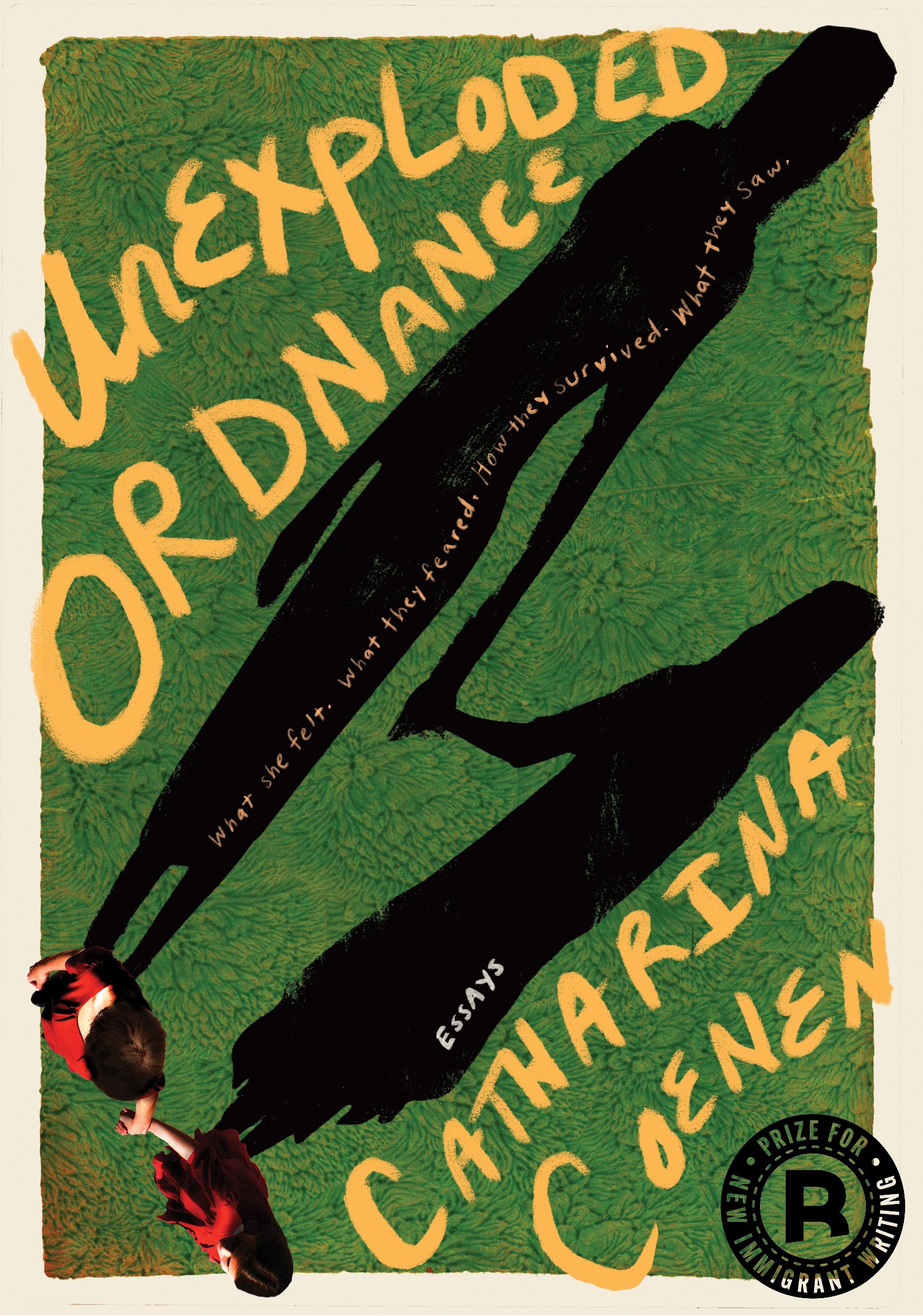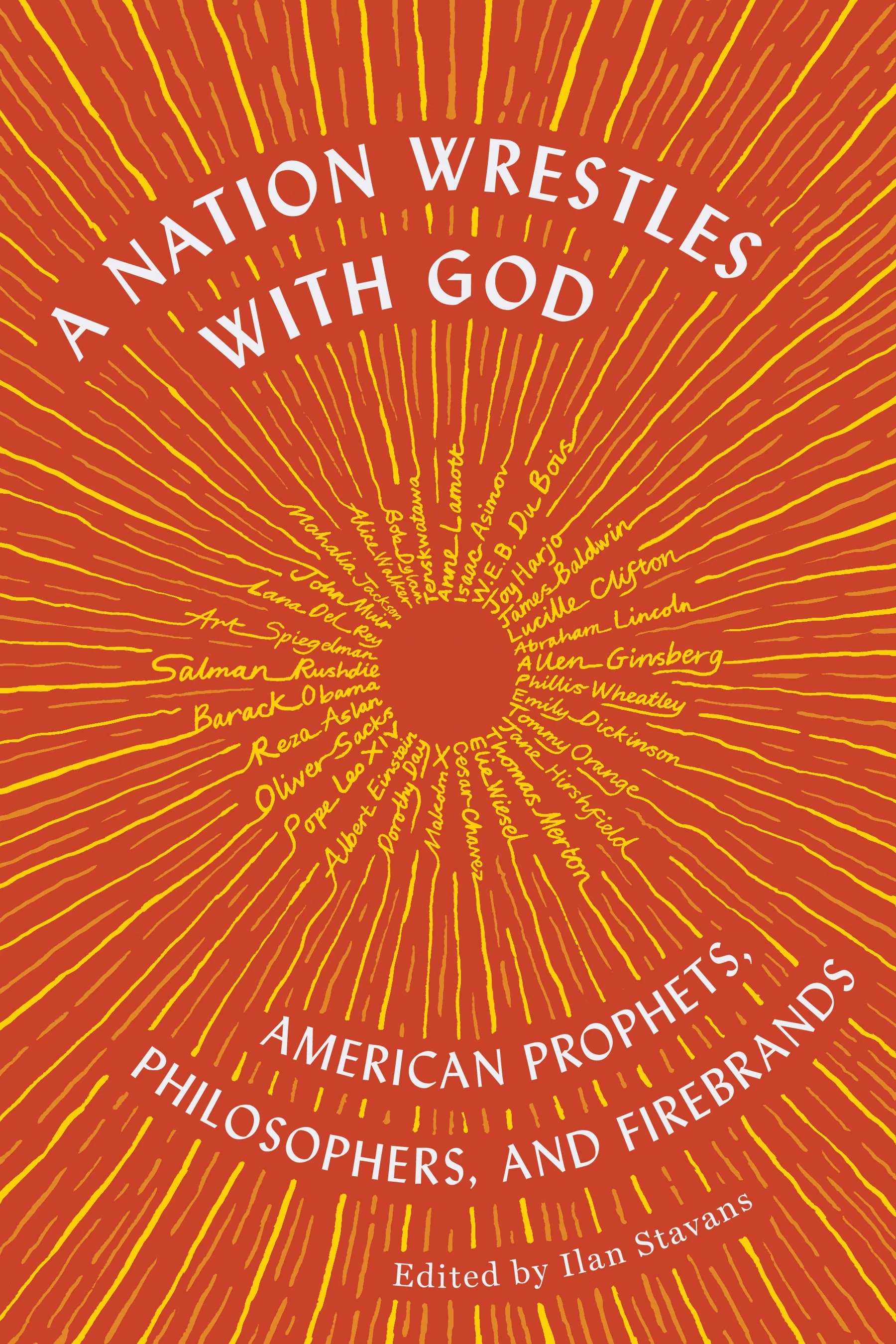How to Travel without Seeing: Dispatches from the New Latin America
How to Travel without Seeing: Dispatches from the New Latin America
By Andrés Neuman
Translated from the Spanish by Jeffrey Lawrence
“The most breathtaking voice in travel writing today may be that of a writer who feels ambivalent about travel itself…. ‘Perhaps the greatest travel book, the most unpredictable of all,’ Andrés Neuman suggests in the closing paragraphs of How to Travel Without Seeing: Dispatches from the New Latin America, ‘would be written by someone who doesn’t go anywhere and simply imagines possible movements. Facing a window that seems like a platform, the author would lift his head and feel the rush of the horizon.’ It’s a line that operates as both valedictory and epigraph…. As How to Travel Without Seeing progresses, it increasingly functions... as a set of vignettes, reflections, shards of memory or observation that add up in the only way such fragments can, as an approximation of consciousness…. This is what it means to travel now.”
—David Ullin, Barnes & Noble Review
Paperback • ISBN: 9781632060556
Publication date: Aug 30, 2016
Other buying options:
Amazon | Barnes & Noble | Ebook | Kobo | iTunes
About the Book
Lamenting not having more time to get to know each of the nineteen countries he visits after winning the prestigious Premio Alfaguara, Andrés Neuman begins to suspect that world travel consists mostly of “not seeing.” But then he realizes that the fleeting nature of his trip provides him with a unique opportunity: touring and comparing every country of Latin America in a single stroke. Neuman writes on the move, generating a kinetic work that is at once puckish and poetic, aphoristic and brimming with curiosity. Even so-called non-places—airports, hotels, taxis—are turned into powerful symbols full of meaning. A dual Argentine-Spanish citizen, he incisively explores cultural identity and nationality, immigration and globalization, history and language, and turbulent current events. Above all, Neuman investigates the artistic lifeblood of Latin America, tackling with gusto not only literary heavyweights such as Bolaño, Vargas Llosa, Lorca, and Galeano, but also an emerging generation of authors and filmmakers whose impact is now making ripples worldwide.
Eye-opening and charmingly offbeat, How to Travel without Seeing: Dispatches from the New Latin America is essential reading for anyone interested in the past, present, and future of the Americas.
Reviews
“The buoyant Neuman takes readers on a phantasmagoric journey through Latin America…. a virtuoso demonstration of writing on the fly. After winning one of the Spanish-speaking world’s most lauded awards, the Premio Alfaguara, Neuman was sent on a massive 19-country tour that took him from his home in Argentina to far-flung appearances across Latin America. The writing is clever, light, and self-aware in a way that most travelogues are not…. The translation by Lawrence is spot-on… Neuman is present in the moment and highly observant, catching little details that might have escaped other writers…. To read this book produces an electrically fleeting feeling, but it seems that for the author, that’s kind of the point. “The feeling of having left something someplace,” he writes toward the end. “That we leave something everywhere we go, in addition to taking something with us.” A dizzying, evanescent snapshot of Latin America in all its grime and glory.”
“Curious, delightful…. Neuman is hot property in contemporary Latin American literary circles. A former winner of Spain’s prestigious Alfaguara Prize and the National Critics Prize, he is tipped (by Roberto Bolaño, no less) to be one of a select ‘handful’ to take up where the ‘boom’ generation of Márquez, Cortázar, Fuentes and Borges left off…. This is not a conventional travel book by any means…. So forget the lyricism of Patrick Leigh Fermor, the historic sweeps of V.S. Naipaul or the episodic comedy of Bill Bryson. How to Travel Without Seeing is, in essence, a collection of journal jottings: the author’s notebooks transcribed in a rush; fragments of thought; overheard conversations; advertisement slogans; television snippets; stray lines of poetry. An honest reflection of most contemporary travel experiences, in other words…. Yet the book works. This is partly thanks to Neuman’s eye for the absurd and ironic — Colombia’s Televisión Española, for example, ‘scrupulously selects’ the very worst of Spanish TV to disseminate abroad. More important still is his gift for the succinct. Places and people are captured in a single, spot-on phrase. Lima is the ‘club among clubs’; the estuary bay of San Juan flows gently to the sea ‘like someone falling asleep before drowning’. Aphorism, a literary device now hijacked by the Twitterati, is used to powerful effect here.... Despite the miles he covers, he relishes remaining still, because his great passion is reading. He wolfs down books with an enthusiasm that most tourists reserve for sangria and sun-scorched sex. The result reads like the very best kind of bibliophile TripAdvisor.”
—Oliver Balch, The Spectator
“As Neuman moves on his journey, he transforms the most ordinary places in the world—airports, hotels and way stations—into shrines or temples dedicated to travel…. In the book, he offers readers interesting snapshots of people and places while traveling on a book tour after winning the prestigious Alfaguara literary award in 2009…. Filled with intimate reflections, the book describes more the feeling of being in transit and the changing perspective of the traveler than the actual destinations on Neuman's itinerary. And this mobility connects readers with the excitement of travel and reminds them of how being in transit could make people feel like outsiders and insiders.”
—Arturo Conde, NBC Latino
“The most breathtaking voice in travel writing today may be that of a writer who feels ambivalent about travel itself…. What Neuman is after is to play with our expectations, as well as his own. His work is constantly creating its own vernacular. Certainly, that’s the case with How to Travel Without Seeing, which makes a point of sticking to the surfaces.... The idea, in other words, is to deconstruct what it means to travel — not to immerse in other landscapes so much as to express the self as it moves through these places, by turns alien and contained…. As How to Travel Without Seeing progresses, it increasingly functions on these terms, as a set of vignettes, reflections, shards of memory or observation that add up in the only way such fragments can, as an approximation of consciousness…. This is what it means to travel now, Neuman tells us, not the shock of the new but of the familiar, the ways in which identity blends. The book was written in 2009, but it’s impossible to read without reflecting on current realities; what does all this mean beneath the shadow of a border wall? Neuman doesn’t shy away from such complexities; How to Travel Without Seeing is full of references to the politics and culture of the countries he visits, although the most ubiquitous signifiers are the effects of a region-wide flu epidemic and the death of Michael Jackson, which occurs as Neuman embarks. In any case, his offhand, aphoristic structure flattens out reaction, rendering each impression as just another momentary idea. What ties them together is that nothing ties them together — there is no master narrative. There is only the self, moving through a world of mass migration and entertainments, inauthentic and authentic at the same time, as travel always is. In the end, that makes How to Travel Without Seeing less a book about travel than about boundaries, a succession of airports and border guards. The experiences it describes are liminal, occupying the interstices between departing and arriving, being there and being gone.”
—David Ullin, Barnes & Noble Review
“In this series of easily digestible travelogue entries, Neuman reflects on various Latin American cities and the way we travel now... . rather offering than a traditional travelogue, Neuman presents bite-size, on-the-go reflections on everything including politics, films, other writers, and the vagaries of customs declaration forms…. He hilariously describes the environment of his hotel in Caracas as “oil-rich Stanley Kubrick”.... Neuman’s book offers an untraditional but valuable perspective on globalization and the character of nations.”
“For his novel, Traveler of the Century (2009), Neuman received the prestigious Premio Alfaguara, awarded to outstanding works of Spanish-language literature. The prize includes a public-speaking tour, and Neuman took the opportunity to compose a travelogue that is anything but ordinary, combining wry observations, deadpan aphorisms, and literary commentary. From Asunción to Panama, Neuman bounces all over South and Central America, recording amusing moments... and cataloging the writers he reads along the way, including Borges and Bolaño but also lesser-known, contemporary upstarts, like Pola Oloixarac, Mónica Velásquez, and Daniel Alarcón.... The hopscotch narrative, unique insights, and unapologetic bibliophilia make this book perfect for travelers as well as readers bound to home for the time being, looking for an escape.“
—Diego Báez, Booklist
“Argentinean-Spanish wunderkind Andrés Neuman speeds through the new Latin America in How to Travel without Seeing.”
—Vanity Fair Hot Type
About the Author
Andrés Neuman (1977) was born in Buenos Aires, Argentina, where he spent his childhood. The son of Argentine émigré musicians, he lives in Granada, Spain. He has a degree in Spanish Philology from the University of Granada, where he taught Latin American literature. He was selected as one of Granta’s Best of Young Spanish-Language Novelists and was included on the Bogotá-39 list. He is the author of numerous novels, short stories, poems, aphorisms, and travel books. His first novel translated into English, Traveler of the Century (FSG), won the Alfaguara Prize and the National Critics Prize, and was selected among the books of the year by El País, El Mundo, The Guardian, The Independent, and Financial Times; it was also shortlisted for the International IMPAC Dublin Literary Award and received a Special Commendation from the jury of the Independent Foreign Fiction Prize. His second novel translated into English, Talking to Ourselves (FSG), was longlisted for the International IMPAC Dublin Literary Award and for the Best Translated Book Award, shortlisted for the Oxford-Weidenfeld Translation Prize, and selected as the first among the twenty top books of the year by Typographical Era. His last book in English is the collection of short stories The Things We Don’t Do (Open Letter). His works have been translated into twenty-two languages.
Book details
Paperback: $15.99
ISBN: 9781632060556
eBook ISBN: 9781632060686
Publication date: Aug 30, 2016
5.5” x 8.25” • 256 pages
Travel: Latin America / Cultural history: Latin America / Literary Studies
Territory: World English
About the Translator
Jeffrey Lawrence received his PhD in Comparative Literature from Princeton University and is currently a professor of English at Rutgers University.











